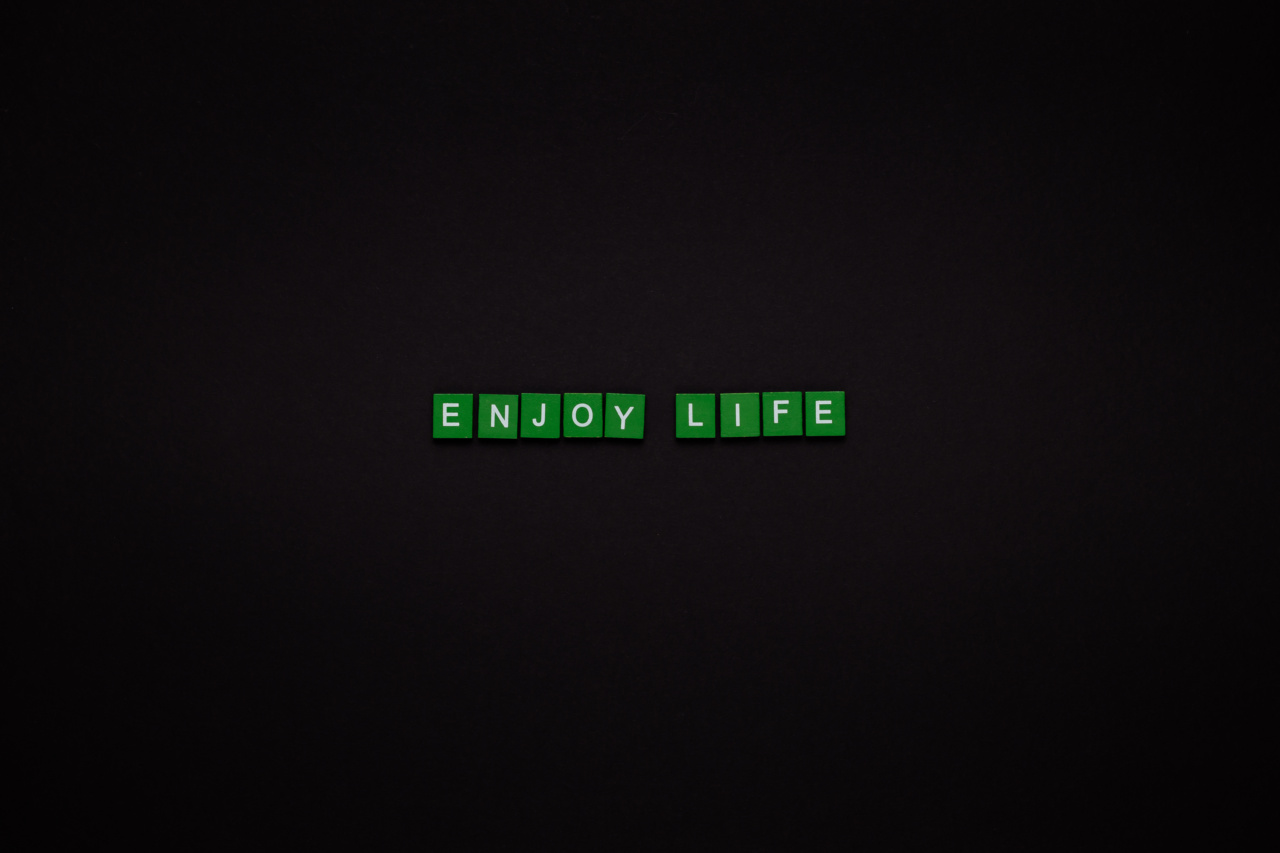For many parents, one of the biggest milestones of their child’s early years is the transition from diapers to underwear. However, deciding when the right time to start potty training can be a daunting task.
Every child is different, and there is no one-size-fits-all answer. Here are some factors to consider when deciding if your child is ready to bid farewell to diapers.
Age
Age is one of the earliest indicators of when it might be time to potty train your child. Most children are ready to start potty training between 18 and 24 months. However, there is no set age for all children.
Some children may not be ready until they are closer to 3 years old, while others may show interest and readiness before 18 months.
Developmental Signs
Another important factor to consider is your child’s overall developmental signs. If they show signs of readiness, such as walking, talking, and being able to follow simple instructions, they might be ready to start potty training.
Children who can communicate and understand when they need to use the restroom are more likely to be successful with potty training.
Their Interest
Has your child shown any interest in using the bathroom like a big kid? Do they ask questions or show any curiosity about the potty? If your child seems excited about the concept of using the potty, they might be ready to start potty training.
Keep an eye out for signs of curiosity or interest, such as following others to the bathroom, or asking questions about it.
Their Bladder Control
Another factor to consider is your child’s bladder control. Are they able to control their bladder for at least a couple of hours, or do they need frequent diaper changes? This can be an indicator of whether they are ready to start potty training.
Most children can hold their bladder for a couple of hours by the time they are ready to start potty training.
Their Bowel Movements
Control over bowel movements is another indicator of whether your child is ready to start potty training. When your child’s bowel movements become more predictable and regular, it can make it easier to start potty training.
If your child has bowel movements at the same time every day, they might be more successful with potty training.
Awareness of Wet and Dirty Diapers
Another important factor to consider is whether your child is aware of when they have a wet or dirty diaper.
If your child seems to be bothered by a wet diaper, or if they notice when it is dirty and ask for it to be changed, this is a good sign that they are ready for potty training. They are becoming more aware of their bodily functions, and may be ready to start using the potty.
Readiness to Follow Directions
Does your child follow simple directions, such as “put your toy away” or “come here”? If so, they may be ready for potty training.
Following instructions is an important part of using the bathroom, and if they can do it successfully, they might be able to use the potty successfully as well.
Their Temperament
Finally, consider your child’s overall temperament.
Are they stubborn and resistant to change? Or do they generally embrace new challenges? Potty training requires patience and persistence, so it is important to consider whether your child is up for the challenge. If your child is generally eager to take on new challenges, they may be ready for potty training.
Conclusion
Every child is different, and there is no one-size-fits-all approach to potty training. Taking these factors into consideration can help you determine whether your child is ready to start potty training.
Remember, potty training is a process that takes patience, persistence, and a lot of encouragement. Celebrate every small success along the way, and don’t become discouraged by setbacks.




























